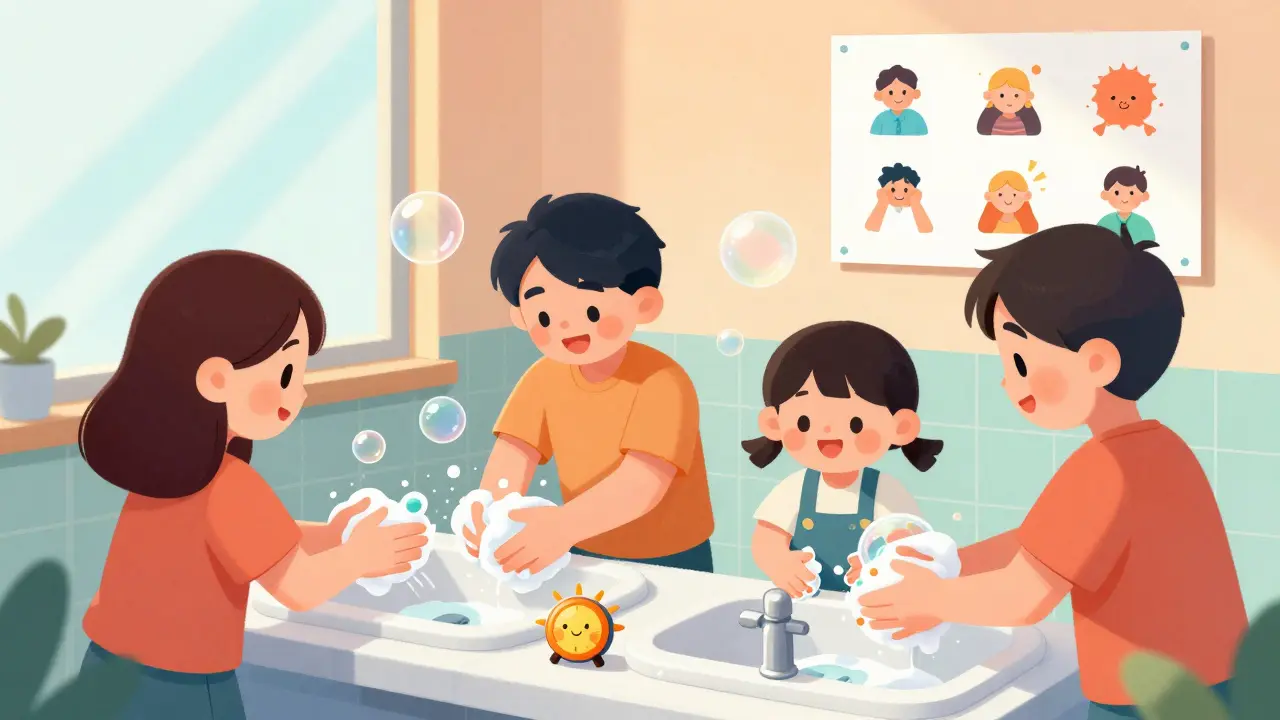ADHD treatment: Practical options that actually help
Struggling with attention, impulsivity, or chronic restlessness? ADHD treatment can make daily life easier. You don’t need to guess which route to take—this page breaks down effective medicines, real-world therapy options, and simple lifestyle steps you can try right away.
Medications that work
Stimulants are the most commonly prescribed drugs. Methylphenidate (Ritalin, Concerta) and amphetamine-based meds (Adderall, Vyvanse) often reduce core symptoms fast. They improve focus and cut impulsive reactions for many people, sometimes within hours. Expect side effects like reduced appetite, sleep trouble, or higher heart rate—so your doctor will check weight, blood pressure, and sleep after starting treatment.
If stimulants aren’t a fit, non-stimulant options exist. Atomoxetine (Strattera), guanfacine (Intuniv), and clonidine can help, especially when anxiety or tics are present. Non-stimulants may take weeks to show benefit, but they can be steadier and lower risk for misuse.
Always use medications under a prescriber’s guidance. Don’t mix stimulants with MAO inhibitors, and tell your doctor about heart issues, high blood pressure, or substance use history.
Practical non-medical steps
Behavioral approaches matter. For kids, parent training and school plans (504/IEP) often change how a child performs at school. For teens and adults, cognitive behavioral therapy (CBT) teaches planning, time management, and problem solving—skills you can practice every day.
Lifestyle changes help too. Regular exercise—especially cardio—boosts attention for hours. Aim for consistent sleep: irregular bedtimes worsen symptoms. Simple habits like using a single daily planner, breaking tasks into 20–30 minute blocks, and removing distracting apps can cut chaos fast.
Some supplements show modest effects. Trials report small benefits from omega-3 fatty acids and certain minerals like zinc in specific cases. These aren’t replacements for proven treatments, but they can be part of a wider plan when recommended by your clinician.
Worried about side effects or dependence? Tell your provider about mood shifts, new chest pain, or severe sleep loss. Regular follow-ups let clinicians tweak dose or try a different medicine. If misuse or dependence is a concern, alternative therapies and non-stimulant meds are preferred.
Buying meds online? Be careful. Legitimate pharmacies will ask for a valid prescription and display licensing. Don’t buy controlled stimulants from sites that skip prescriptions. If you need help finding a safe pharmacy or getting a valid refill, your clinic or local pharmacist can point you to trusted options.
ADHD treatment is rarely one-size-fits-all. Mixing the right medication, targeted therapy, and everyday routines gives the best results. Start by talking to a provider, set clear short-term goals, and track what changes—small wins add up fast.





